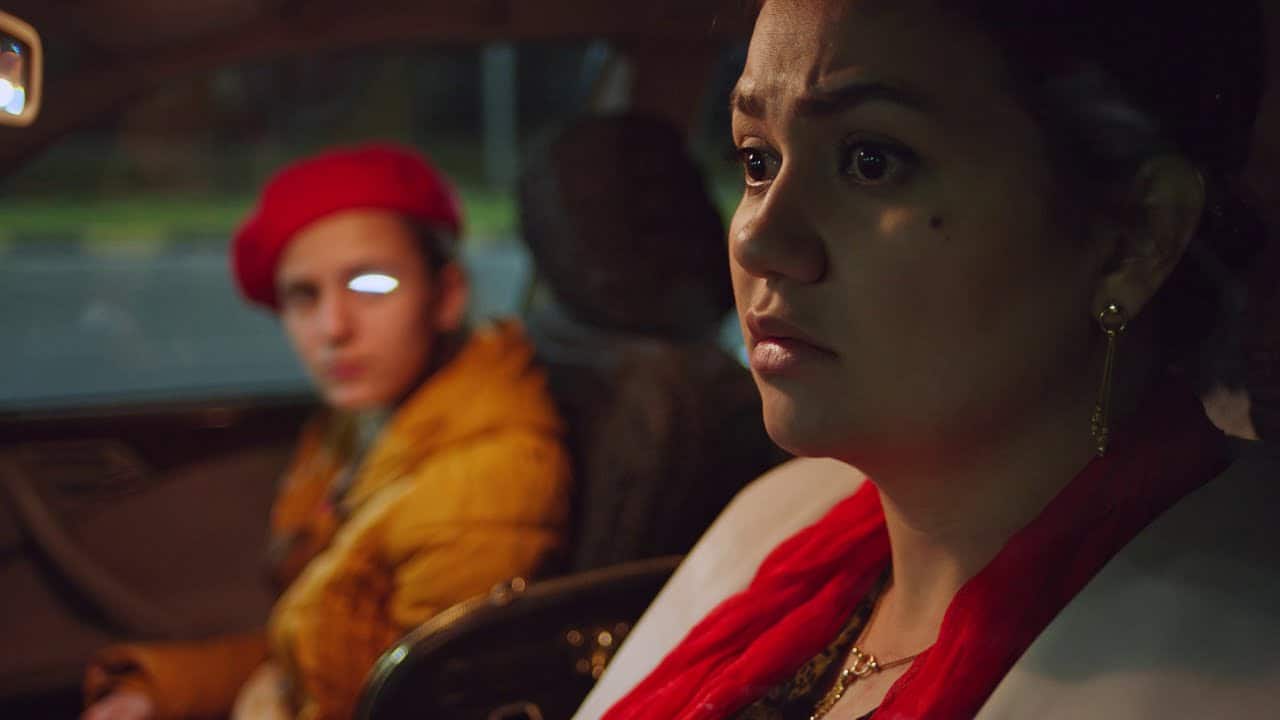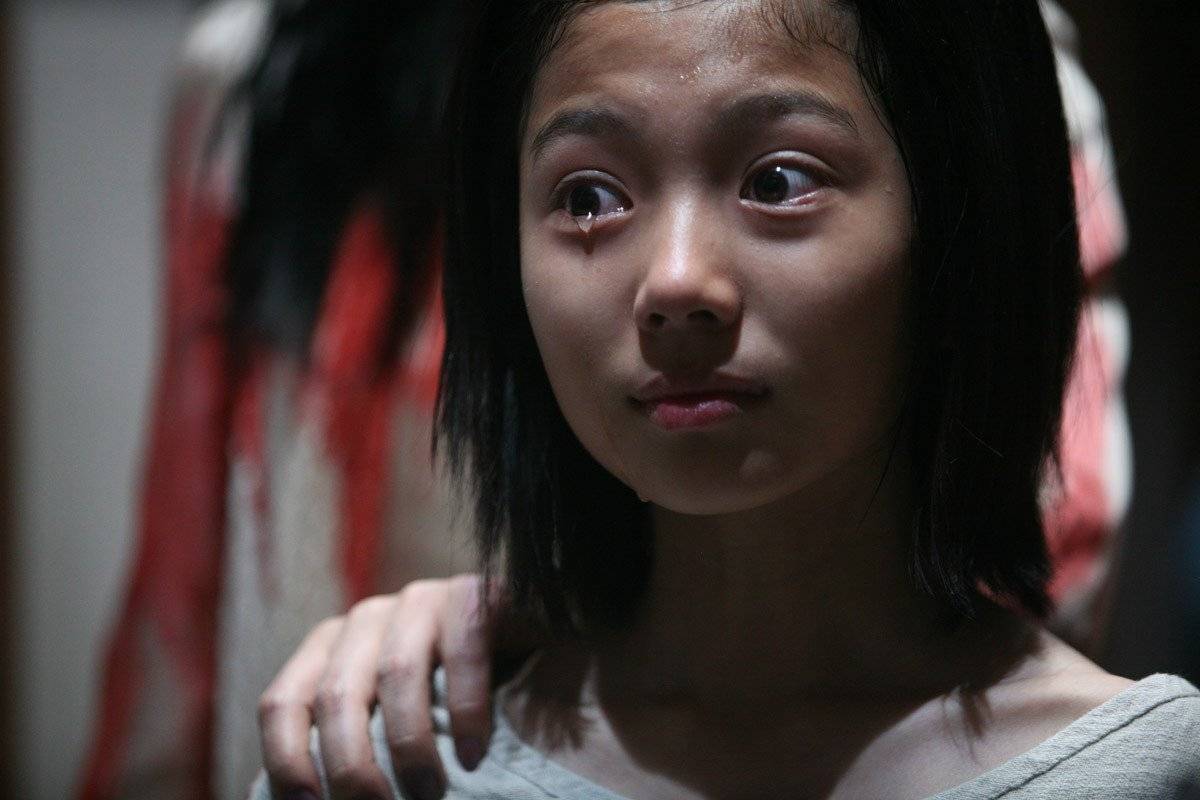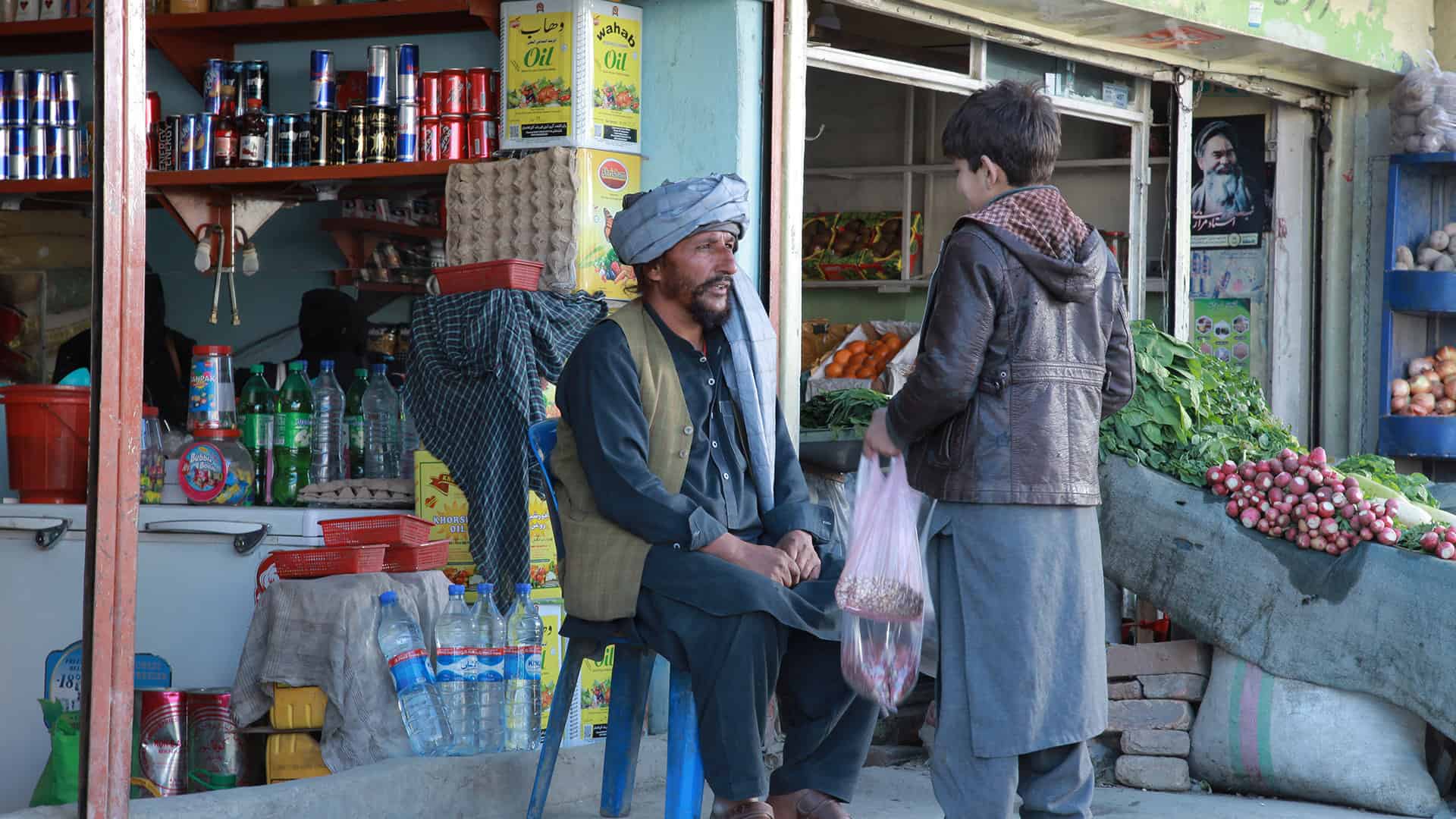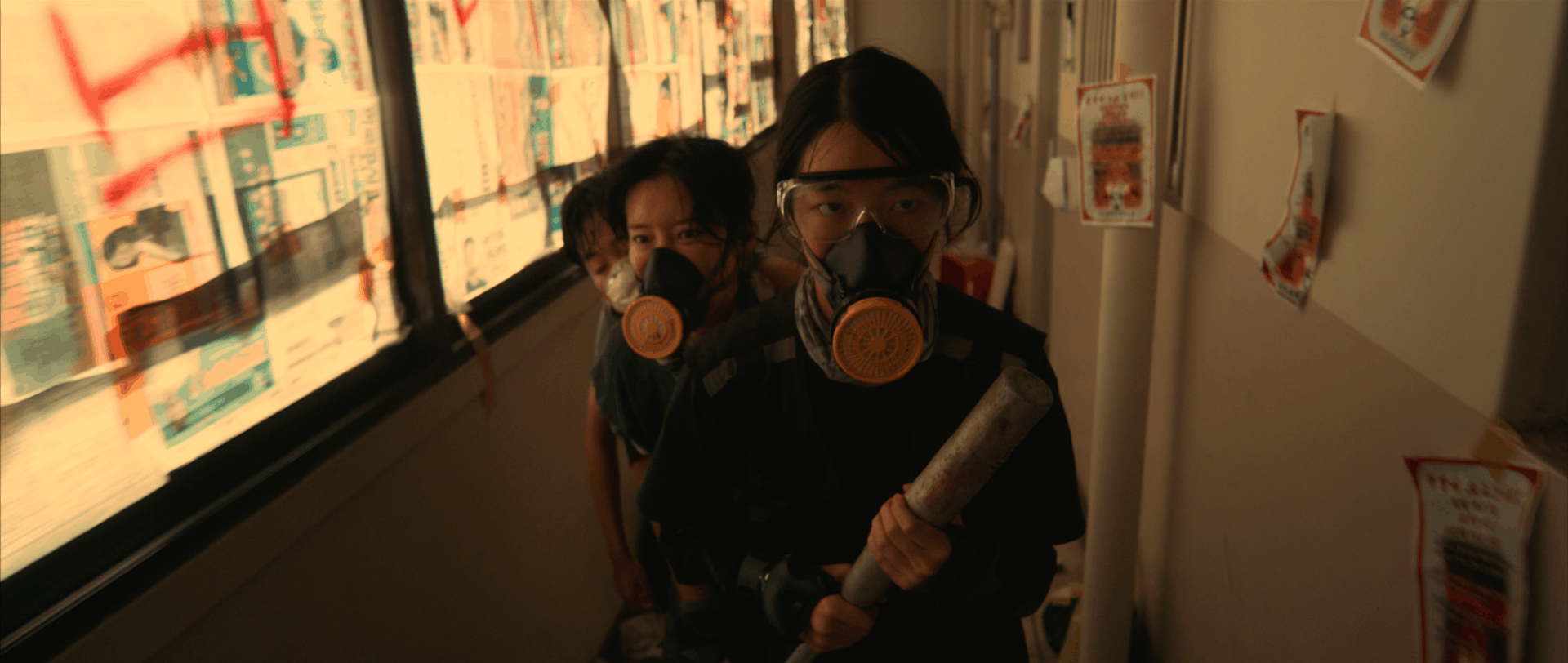Faraz Fesharaki reveals himself a poet of the digital era with “What Did You Dream Last Night, Parajanov?”. The Iranian German filmmaker's first feature released just weeks ago at Berlinale 2024, a home festival for the of the German Film and Television Academy Berlin (DFFB). Now, the film will continue on abroad, with an upcoming international premiere this week at First Look with the Museum of the Moving Image's (MoMI).
What Did You Dream Last Night, Parajanov? is screening at MoMi, as part of the First Look 2024 program
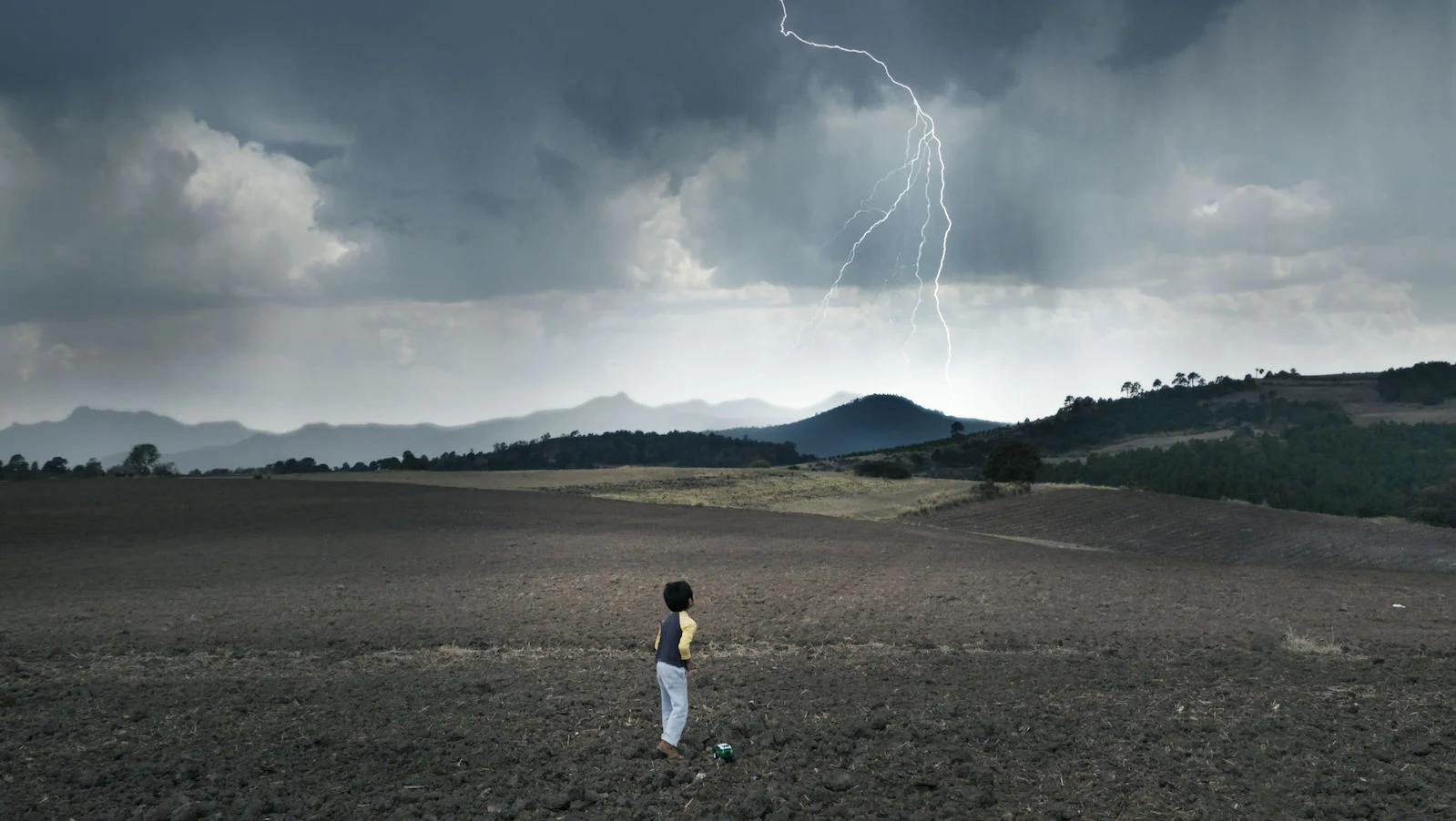
“What Did You Dream Last Night, Parajanov?” opens with the wavering scanlines of a CRT screen. The curtains pull back to reveal a recording of an elementary school chorus in Iran. Like any amateur video, the footage is grainy; the view quivers with the shakiness of a handheld camera. A girl recites into the microphone – “Rise, oh children, rise!” – whilst two rows of uniformed boys and girls stand beside and behind her, restlessly shifting in-place. Then we are introduced to Fesharaki's characters, one by one, through recorded webcam footage from Isfahan and Vienna: Mitra, his mother; Hassan, his father; and Rahi, his cousin and best friend.
We learn through snippets of conversation that Fesharaki now lives in Berlin. He invites us into the rich tapestry of his many Skype calls, stretching as far back as 2012. In one call, Fesharaki's parents speak of rooftop repairs required before the first snow; in another, they read aloud graphic poems related to the Iranian Revolution of 1979. Mitra recollects her two years spent in prison under some Basquiat-esque paintings, while Hassan debates with her on what it means to be a “traditional woman.” Rahi shows off his 2000-Euro jacket in jest in one clip, and then gestures towards international relations with Iraq in another. Gossip also drifts into more mundane topics as well, abundant with news from home: the girls look cuter; a new highway has opened; another Norwuz celebration has gone by. Conversants nod off before their webcams and the participants' heads often show up off-center. All the while, Fesharaki, the bespectacled “Parajanov,” shares his dreams with his loved ones from Germany.
Though the film has little to do with Sergei Parajanov, the acclaimed Armenian director famous for “The Color of Pomegranates” (1969), Fesharaki adopts his namesake's penchant for poetry. Crimson intertitles laden with luscious Persian and German calligraphy punctuate the dialogue, as do all-too-familiar technological specificities. The videos often buffer; the audio cuts in and out; their day-to-day lives get interrupted with the sound of a Skype message. These small details translate into the universal ache of living thousands of miles from those you love. Watching Fesharaki interact with his family is sure to resonate strongly with many, especially after the painful Zoom years of the COVID-19 pandemic.
In the much shorter part II, Fesharaki's worlds finally collide in-person. In the spirit of intimacy, the camera is placed off-kilter. The focus for the filmmaker, it seems, is on the moment itself. This is another strength of the documentary. While he collects footage for the film, the camera remains unobtrusive to his day-to-day life. This leaves his parents to freely express their awe as they enter his apartment in Berlin. They marvel at his space; they point out his curtains; they wonder if they're dreaming aloud. Fesharaki excels at capturing the simple pleasures of living, underscoring both the sweetness and melancholy of the diasporic subject.
While it takes some time for viewers to learn of the contours of Fesharaki's world, “What Did You Dream Last Night, Parajanov?” pays off in the end. The director remains remarkably unswayed by the tempting edginess of an entirely screen-captured narrative. Instead, this humble documentary emphasizes the human rather than the screen itself. This allows its viewers the space to yearn. Nostalgic and intimate, Fesharaki's first feature is sure to be palpable for anyone who has had to find a home away from home.



